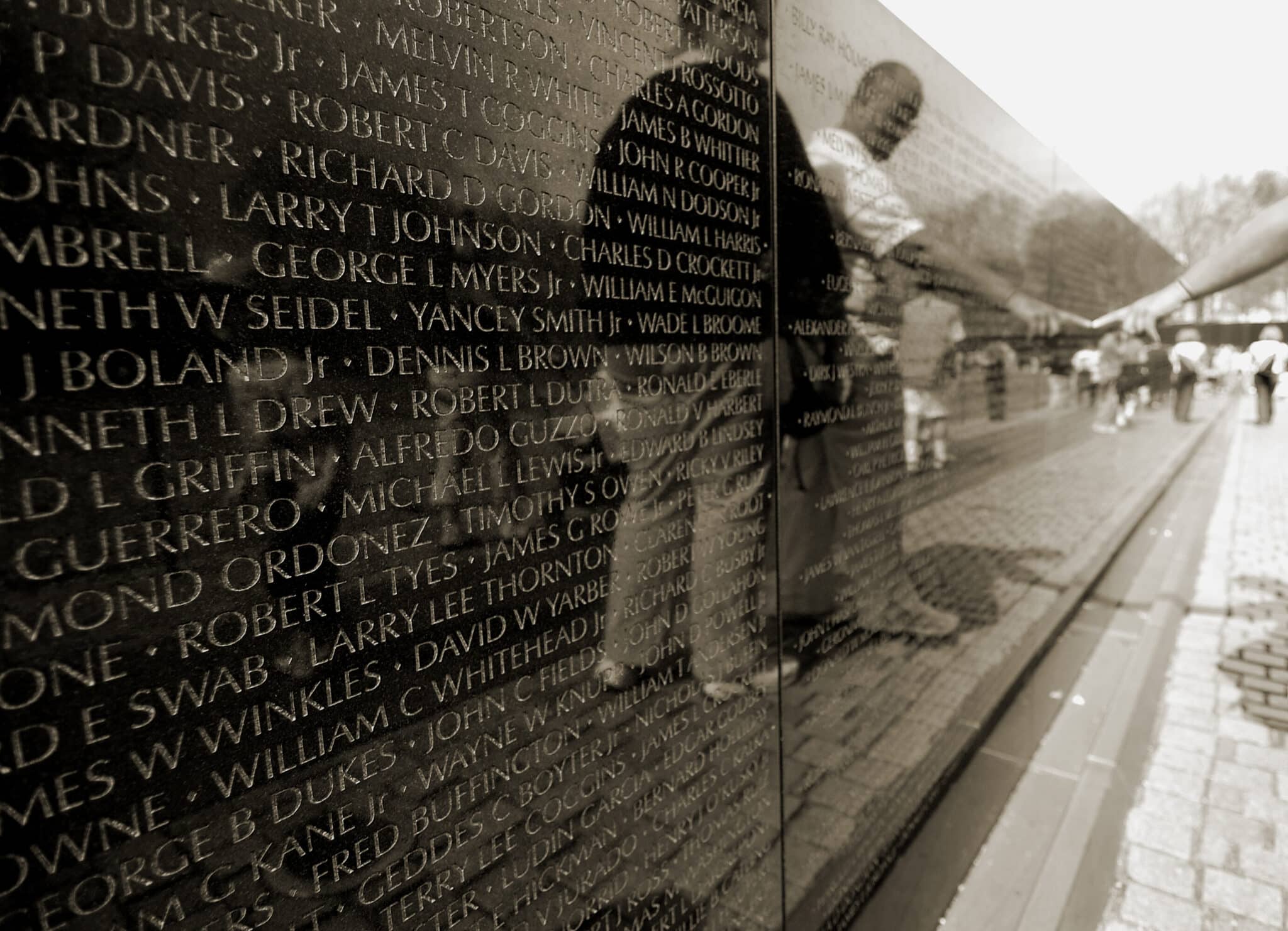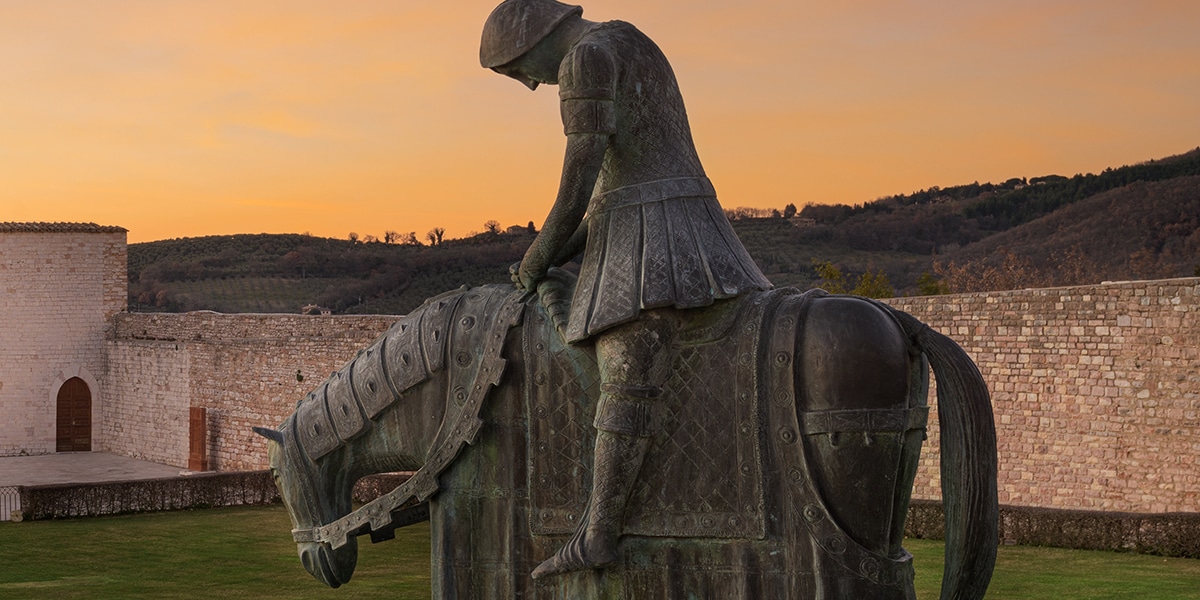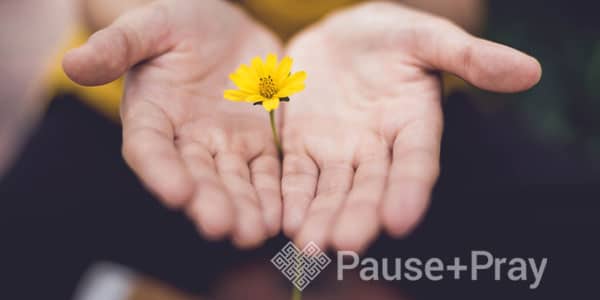Decades have passed since the curtain fell on the Vietnam War. Since then, an entire generation has grown up, graduated from college, gotten married and had children of their own. For most Americans, the Vietnam War has been relegated to the pages of history books. But for those who fought in it, memories of that time will likely never be erased from their hearts. As for the children of those killed in Vietnam, their hearts contain very few memories from a time that should have been filled with the joys of the “Daddy ” from their childhood.
On Father’s Day 1992, a group of children of those who died in the war in Southeast Asia gathered on a hill overlooking the Vietnam Veterans Memorial in Washington, D.C. The day was unseasonably cold and gray, and seemed to reflect the somber mood of the sons and daughters who had come together. These were the children of the Wall, the living legacies of those whose names are inscribed upon the black granite of the memorial. They have come to be known as the Sons and Daughters In Touch (SDIT) an answer to the prayers of a four-year-old boy who is now grown up and a father himself.
Sharing Their Losses
It’s probably safe to say that Sons and Daughters In Touch got off the ground because of Tony Cordero, that young man who lost his father so many years ago, and who looked to his Heavenly Father for comfort. Cordero wanted to locate others who had shared the experience of having lost a father in Vietnam. In 1988, he placed a phone call to the Friends of the Vietnam Veterans Memorial in Washington, D.C. His call was answered by Wanda Ruffin, who had lost her husband in the war. Ruffin put Cordero in touch with her own daughter, Wende. The following year, a syndicated article, written by author Laura Palmer, let it be known that Cordero was looking for other sons and daughters. The article eventually led to a television feature and a magazine story.
“In the article, I was quoted as saying how great it would be to have all these sons and daughters get together to talk, meet, laugh and cry, ” says Cordero. “And on Father’s Day 1992, my prayers were answered. It actually happened. “
At its inception, Sons and Daughters In Touch was a project of the Friends of the Vietnam Veterans Memorial. It is now an independent nonprofit organization. Since that first Father’s Day gathering in 1992, the group’s numbers have swelled from 280 to nearly 2,000. In that time, many of its members have come to grips with the fate of their fathers. Some have found peace through sharing their experiences with others who have borne the same pain. Some have formed unbreakable bonds with other Sons and Daughters. Still others have come to recognize that the hand of God is always at work in their lives.
Vague Memories of a Father
Tony Cordero was raised as a traditional Catholic in a military family. Born in 1961, he moved with the family to Clark Air Force Base in the Philippines three years later.
“While living in the Philippines, ” says Cordero, “I gained the only memories I have of my father. Dad often took us for rides on his motorcycle through the sugar-cane fields. I remember swimming in the pool at the Officers’ Club. Looking back, it all seems so romantic the officer and gentleman, family man⦠“
Maj. William Cordero’s children viewed his bombing missions in Vietnam like any father going off on his commute to the office. “He would fly to Da Nang Air Force Base, which was a few hours away, ” recalls Cordero. “It was like a business trip kiss the wife and kids, fly to the office, jump in a bomber, blow up a town or a bridge, head home. “
On June 20, 1965, Maj. Cordero had orders for Da Nang. “We celebrated Father’s Day early that day, ” Cordero says. “We had a special breakfast, then he said goodbye and he never came home. That next night, his plane disappeared. “
Maj. Cordero was listed as Missing In Action (MIA) for four years. In 1969, some of his remains were returned to the United States and buried at Arlington National Cemetery.
“When the Air Force came with the final news, I remember waking my younger brother to tell him, ” Cordero recalls. “To this day, my mother punishes herself for sending us to school that day, but she said she didn’t know what else to do. I don’t remember going to school that day. I was in a fog a fog that lasted for a long, long time. “
Cordero says that the most difficult part of the whole experience has been understanding and acceptance. “Very few of my friends knew of this, ” he says. “And now, my wife does a good job of trying to understand but she can’t fully grasp it. “
Before their father’s death was confirmed, the Cordero children spent hours fantasizing about what might have happened. “Maybe his plane crashed, but he was lost while he was trying to find his way out of the jungle, ” says Cordero. “Maybe he got captured. Maybe he was hurt and needed help. Or maybe he died. As adults, we realize he was in a jet bomber flying at 400-500 miles per hour with a full load of fuel and a payload of bombs, and when the plane crashed everything blew up everything. It’s hard to accept that your dad died in a violent explosion. As adults, reality can be a painful battle. But as children, the battle is seldom fought. “
Grieving for a Father She Never Knew
Cindy Rheinheimer of Bakersfield, California, is now married and the mother of twin daughters.
“I found out about the group Sons and Daughters In Touch in 1992 when the Vietnam Veterans of America brought the traveling memorial wall to Bakersfield. I saw some information about it and my first thought was, ‘Well, they’re not talking about me,’ because for so long it seemed as though no one cared about those of us who had lost our dads in Vietnam, ” she says.
Cindy’s father, Cpl. Richard Lee Sanders, was killed in 1967 while attempting to save the life of a fellow soldier. Cindy was only three years old at the time. “My dad was a medic, ” Cindy says. “He was out on a mission, tending to a guy who was wounded. The wounded soldier freaked out and got up and started running. Dad ran after him, both of them ended up in the line of fire and they were both killed. “
Cindy has very few memories of her father. “I never really grieved for him, because I didn’t remember him, ” she says. “My only memory of him is him sitting in a green chair, flicking a cigarette lighter. “
Like Cordero, Cindy attended Catholic schools all her life. “Neither the teachers nor the kids in my school knew anything about my dad, ” she says. “I don’t know if it had anything to do with the climate in the country at the time, but I had always been told that my dad died ‘overseas.’ Not in Vietnam, but ‘overseas.’ I always thought ‘overseas’ was a place, like Paris or something. “
Becoming involved with Sons and Daughters, Cindy says, has given her a sense of inner peace. “I was finally able to grieve, ” she says. “I cried so hard and so often, my husband wondered if I was ever going to stop. I wasn’t crying because I missed my dad, because I never knew him. It was because I missed the memories that were never made. “
Through her involvement with SDIT, Cindy discovered that there is a natural recovery process that most Sons and Daughters follow, as Cindy herself did. “You do the emotional catharsis, and then you try to find out all you can about your dad. You want to meet others who might have known him, served with him. And then you’re ready to move on. “
God’s Healing Hand
SFC Delbert Totty was killed in 1967 in the Tay Ninh province. His children ranged from 15 years to 11 days old. His daughter, Patty Totty Lee, was 12 years old when he was killed. “I had an experience different from many of the Sons and Daughters who didn’t remember their dads, ” she says. “My dad was older when he served in Vietnam, so his children were older. I knew my dad. I missed him. I loved him. I needed him. “
For Patty, years passed before she and her siblings were able to speak about their father. “It was like walking around an elephant in a room, ” she says. “My mother still won’t speak about him. But that was her way of dealing with my dad’s death. “
Patty says she has felt the hand of God moving in many barely perceptible and mysterious ways to heal her pain. She began recognizing that loving hand in 1992 when she attended SDIT’s first Father’s Day celebration.
“We went to the Wall late at night and a few of us were standing at my dad’s panel, ” Patty recalls. “My sister was sitting nearby on a bench and a man sat down next to her who had a 1st Division patch on his fatigue jacket. She recognized it at once. The Big Red One. Our dad’s division. “
Patty’s sister Linda was crying. The man who sat next to her began talking to her. Linda found out that the man’s name was John and he had been assigned to mortuary duty in Tay Ninh at the same time her father had been killed.
“Linda brought John to where the rest of us were at the Wall and told us, ‘This man took care of Daddy’s body in Vietnam.’ We listened to each other’s stories, and it was as important for us to hear how our father’s body was treated with such respect as it was for John to hear how much that meant to us, ” says Patty.
Patty later discovered that John had not actually been one of the morticians who had handled her father’s remains. “Tay Ninh is a big place, and it was a different area to where our dad’s body had been taken, ” she says. “But you know what? It didn’t matter. It was one of those things that was meant to happen, that John was to meet us. We found out that he had just driven from Oklahoma straight through to Washington, D.C. When my sister met him on the bench, it was two in the morning, and he had come immediately to the Wall. He had been trying to work up the courage to go down and look at the names when he met my sister. God definitely had a hand in all that because a lot of healing took place that day. “
In the years since Patty has become involved with SDIT, she has met and corresponded with many men who knew her father in Vietnam. “I went to the 26th Infantry reunion in 1994, ” she says. “I didn’t meet any of his close friends, but I met a lot of men who said they knew who Dad was. With every contact, another piece of the puzzle is put in place. “
A Life-giving and Reaffirming Connection
Both for the Sons and Daughters, and for the veterans who served with their fathers, connecting with each other appears to be a vital step in the recovery process. For the children, the connection gives life to a man they may never have known. For the veteran, it is an affirmation that his actions decades ago were appreciated by someone. Beyond that, he is finally able to do something for comrades-in-arms who did not survive the war.
Father Edwin Bohula, a former Navy chaplain, and now a priest at St. James Catholic Church at Sag Bridge, Lemont, Illinois, understands this need. Father Bohula served for two years in Vietnam.
“It’s a consolation to know you can do something, ” Father Bohula says. “In Vietnam, people died, you couldn’t do anything at the time. Even as a chaplain, we gave last rites, and then there was nothing more we could do, and the body was taken away. So if some of these men are in a position now to be able to do something for the children of one of their friends who died, it does meet a need in the veteran as well as the child. “
Bill Roye, who lives in Naples, Florida, was a medic in Sgt. Totty’s platoon. He has been corresponding with Patty, and although the two have never met, they have nonetheless developed a relationship. “I wasn’t with Sgt. Totty when he died, ” says Roye, “and now I’m actually glad of that fact, because if I had been, I think it would now be much more emotional and much more difficult for me to communicate with his children. “
Delbert Totty, according to Roye, was the kind of man who lived the type of life that his children would want to know about. “He was a father image, a leader, a family man, ” says Roye. “It’s interesting, Patty sent me a picture of herself, and I felt I would have known anywhere that she was Sgt. Totty’s daughter just by the expression in her eyes. “
For Roye, as well as for Patty, the long-distance relationship they have forged has been a healing one. “If nothing else, at least I feel that I’m able to do something for Sgt. Totty, ” he says.
‘You Are Not Alone’
This Father’s Day weekend, June 13-15, Sons and Daughters In Touch will gather again at the Wall in Washington, D.C., that bears the names of their fathers. They are hoping this year’s celebration will bring many more Sons and Daughters into the fold.
“I truly believe that Sons and Daughters In Touch was part of God’s plan, ” says Tony Cordero. “How else could so many who were traumatized at such an early age press on, meet later in life and now share such an incredible bond? Fate? Maybe. Inspiration? Definitely. Inspiration from a source that tells you that you are not alone. Inspiration to help others. Inspiration that leads to resilience and strength. “
If so much of society’s decay is a result of the absence of fathers, how have so many of the SDIT members been able to overcome their losses and successfully carry on with their lives? Cordero gives credit to their mothers, as well as to other sources of strength.
“Last year, an inspiration of mine lost a battle with cancer, ” Cordero says. Cordero’s inspiration was one who hadn’t lost a father in Vietnam, but one who had to overcome the trauma of having been held hostage in Beirut Father Lawrence Martin Jenco.
Cordero met Father Jenco in Los Angeles. “We became good friends, and he inspired me to press on with the plans for Sons and Daughters. I discovered that in Marty’s book,Bound to Forgive, he had celebrated Father’s Day while in captivity. He had also lost his father when he was young, and his wish was to have known his father in the later years of his life. “
Father Jenco’s wish would have qualified him for membership in the unique community of Sons and Daughters In Touch, says Cordero. “Upon his arrival in Paradise, ” Cordero recently wrote to members in a Sons and Daughters newsletter, “I am certain that Marty wasted little time in befriending our dads, and will no doubt join them in a spirited Father’s Day celebration in June. “
Luann Grosscup is a free-lance writer and editor from Villa Park, Illinois, where she lives with her husband and two children. Her work is frequently published in The Chicago Tribune.








